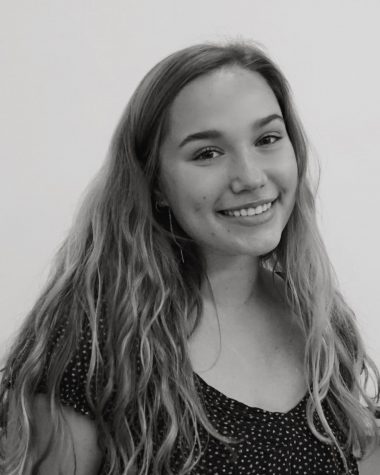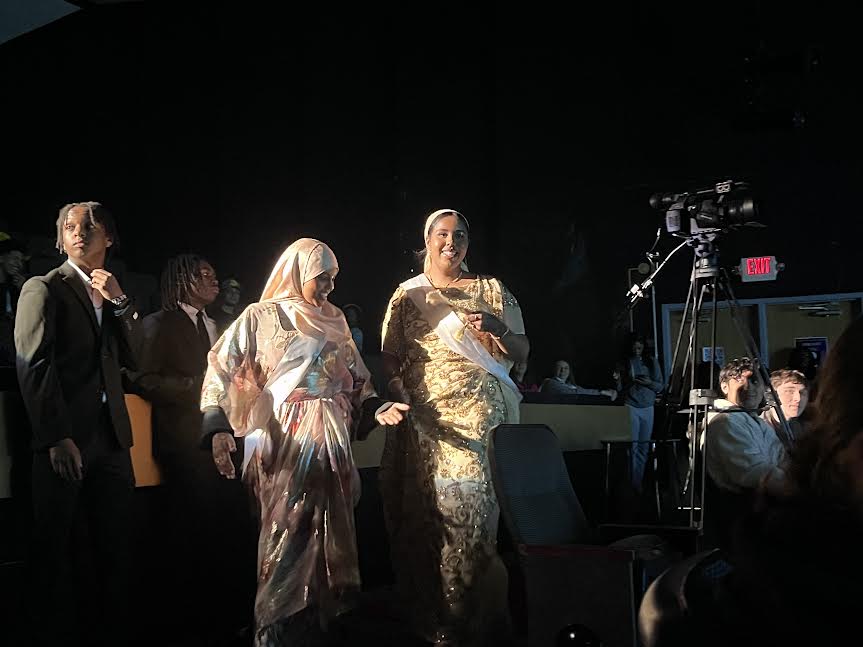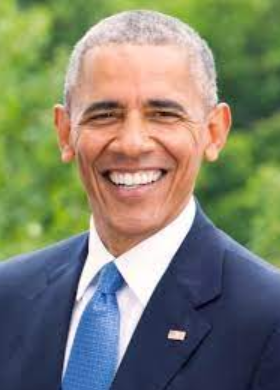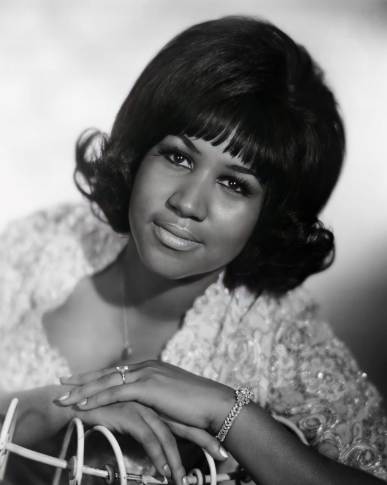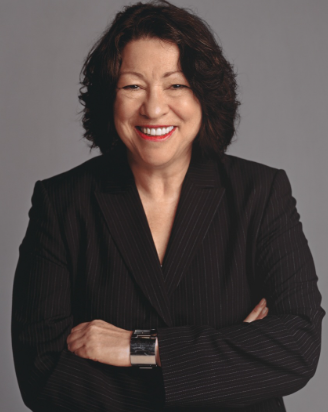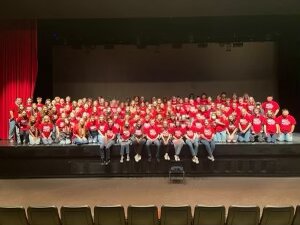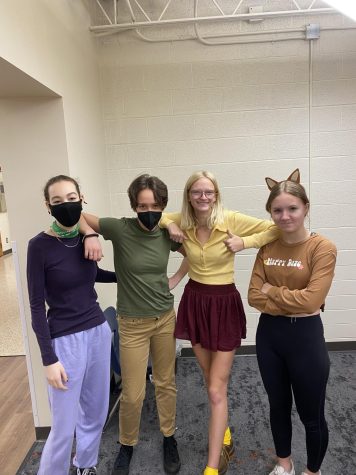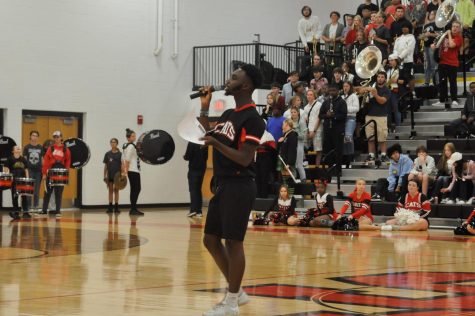Westerville South students strive for more inclusive curriculum
April 6, 2021
Westerville South students have been exploring new information concerning Black history in America following the events of last summer and the Black Lives Matter movement.
Some students have realized that the district’s curriculum doesn’t exactly reflect what they have learned over the summer and throughout this school year.
Sophomore, Allie Kotik said, “Our curriculum doesn’t do nearly a good enough job educating students on the history of Black history in America.” Kotik explained that the students are learning the same “white-washed” history that has been taught for years.
Kotik and other students believe that it has been too long since the curriculum has received a revamp. Sophomore, Medinah Bintshahiydullah, said, “I think more black voices and media should be involved in the curriculum and not just in English either.”
Westerville South English teacher, Jennifer Baker, said, “Our book list should reflect our student body.”
The guided course study for Honors English II lists 12 suggested, district approved books for teachers to teach in class. These include, The Scarlet Letter, The Great Gatsby, and A Narrative Life of Frederick Douglass. Of these 12 approved books, only two authors are black and only one is a woman.
Baker said that these books “reflect a predominantly white viewpoint.” Baker said that it doesn’t mean that these books are not worthy of study, but that there are so many books that have been published in the last 20 years that would add diverse viewpoints to the curriculum.
Bintshahiydullah also said she thinks history classes and electives should include Black voices because African American history is ingrained in the history of America. However, history teacher, Eric Calland said, “I’ve noticed that our state standards over the past years have had a bigger emphasis on social issues and social advancement in American society.”
Kotik said, “Books from Black authors, telling Black stories should be a part of English classes.” Kotik also believes that the history classes also need a change. “We need to teach students what actually happened, not what happened from the white perspective,” Kotik added.
Sophomore, Laney Walden, said, “Black speakers [should] come in and share their experiences so it’s engaging to the students.” Students among the district think that there should be more BIPOC representation within the district when it comes to teachers and administrators.
South currently has some representation within their staff. Principal, Mike Hinze said, “The number of non-white teachers and administrators at South is eight.” Although this is not a large representation, Hinze said the goal is to have the demographics of the staff represent those of the students, and the district is working to increase the diversity in their staff.
In regards to their history classes, some students think that their curriculum has been showing America in a better light than what has actually happened throughout history. Kotik said, “We learn that after MLK gave his speech and the civil rights movement happened, the world was fixed.” She also said that racism isn’t really mentioned in their textbooks after that point, “but in reality, racism has never ended.”
School board member, Vaughn Bell said, “The Board recently approved several Race and Ethnics studies courses as a first step in making some changes to our school curriculum.” Students that take these classes at South have the opportunity to take them as electives at school, and they are taught by the social studies/history teachers.
The district has also set up Equity Framework points that include “Equity policies and practices- We will act to eliminate gaps and barriers between our mission and the policies…in our school system that may perpetuate systemic inequalities based on race and class,”said school board member, Tracy Davidson.
The district is working to do what these students have been saying, but it will take a long time for change to come according to District Superintendent Dr. John Kellogg. This is just the start, mentioned Kellogg.
Although changes can be made easily to English classes and some history classes, it is harder to change the curriculum and teaching in classes like math and science classes just because the education isn’t as fluid, said Dr. Kellogg, superintendent.
Walden said, “America and Americans have done great things, but we’re only lying to ourselves and the students if we don’t learn about the oppression and pain our country has caused to other people.”
Walden, Oyewusi, Kotik, and Bintshahiydullah believe that the whole point of learning is so they can all do better in the future. Walden also said, “We’ll only repeat past mistakes if we’re ignorant to our past.


